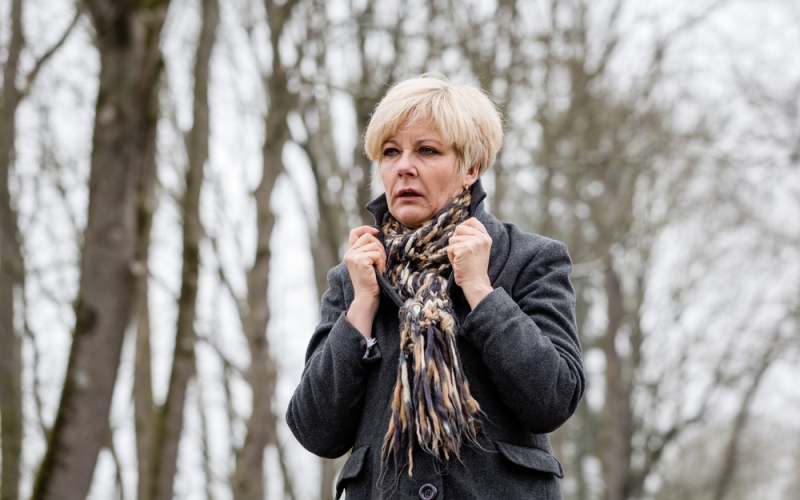Grief issues for carers
A carer’s experience of grief can be deepened by the issues they face as carers. Some of these issues can include:
- a lack of acknowledgement of their feelings of loss
- uncertainty about the course of the illness and the effect it will have on the carer’s life, as well as the person they care for
- worry as to whether there will be support available when the carer can no longer provide care
- seeing glimpses of the unwell person as they once were, only to have them relapse
- mixed feelings towards the person being cared for (e.g. loving the person but not liking their behaviour)

‘Recycled’ or ‘living’ grief often resurfaces during events outside of daily life, such as a crisis or a celebration.
It happens when a carer is reminded of the extent to which the illness has impacted on the life of the person they care for.
Many carers attend birthdays, weddings and graduations knowing that the person they care for cannot experience the joy of these special occasions. This reality can be difficult to accept with each celebration acting as a trigger for recycled grief.
‘Complicated’ grief occurs when a person has been grieving for an extended period of time, or the grief is experienced in an unexpected way.
Some examples of complicated grief include:
- Chronic grief reaction – “this thing is not ending for me”
- Delayed grief reaction – “my life is falling apart. I thought I was over this”
- Exaggerated grief reaction – “I have been depressed forever”
- Masked grief reaction – “My feelings have nothing to do with the mental illness”
Signs that you have worked through your grief:
- When you openly and realistically talk about your friend or family member and the mental illness.
- You listen to other people’s experiences of mental illness or their caring role without getting inappropriately involved.
- You accept other people’s concerns gratefully.
- You live your life to the fullest again.




